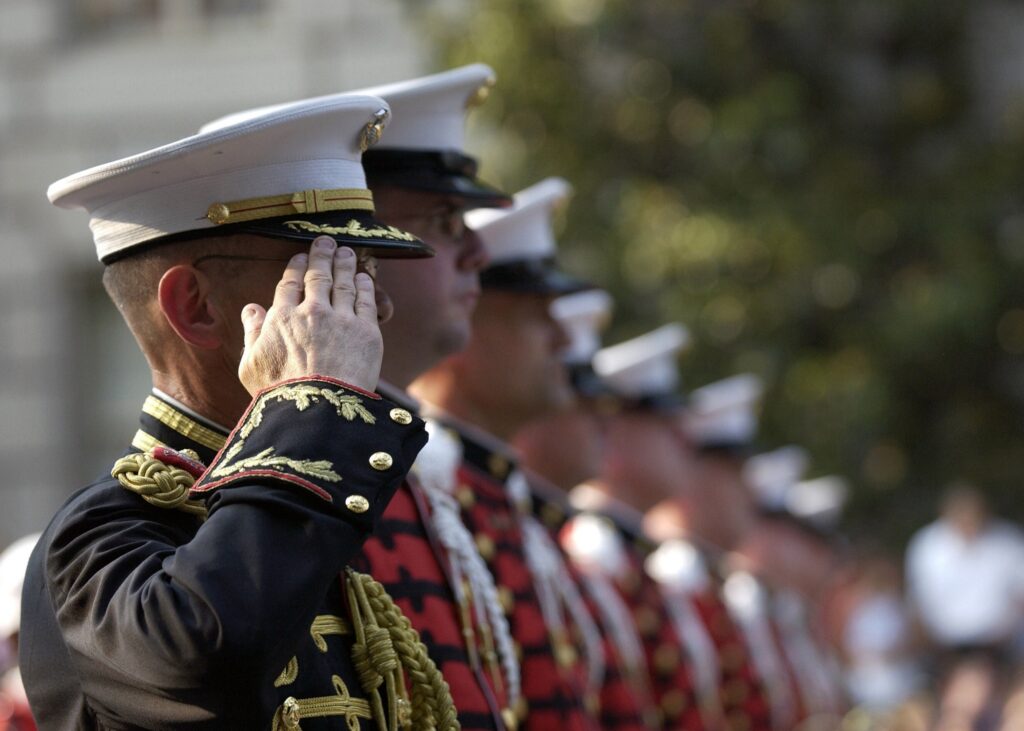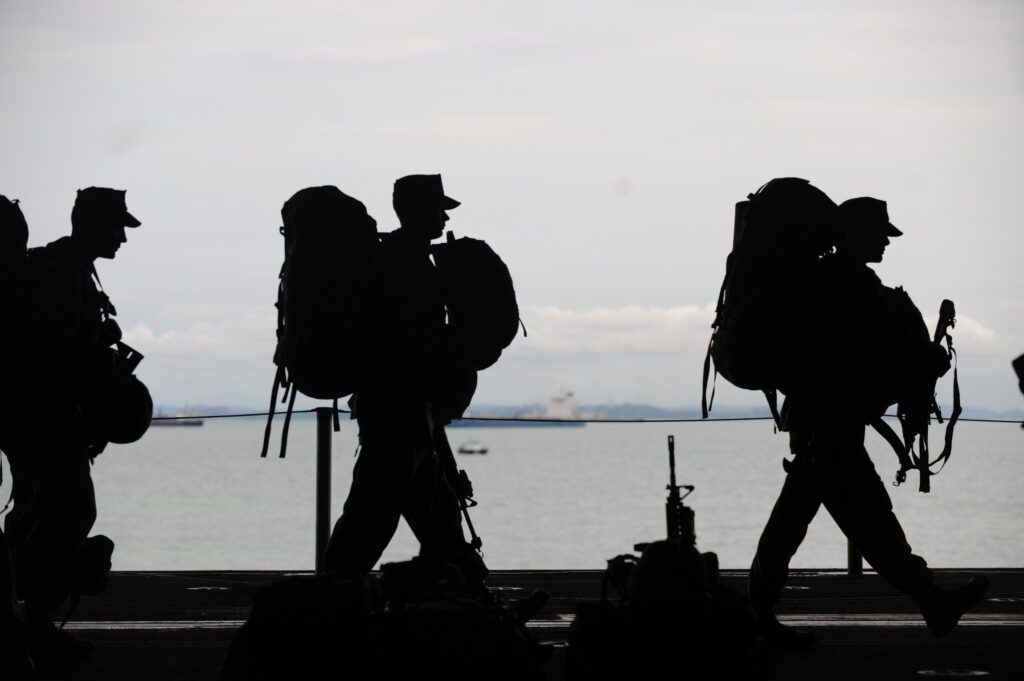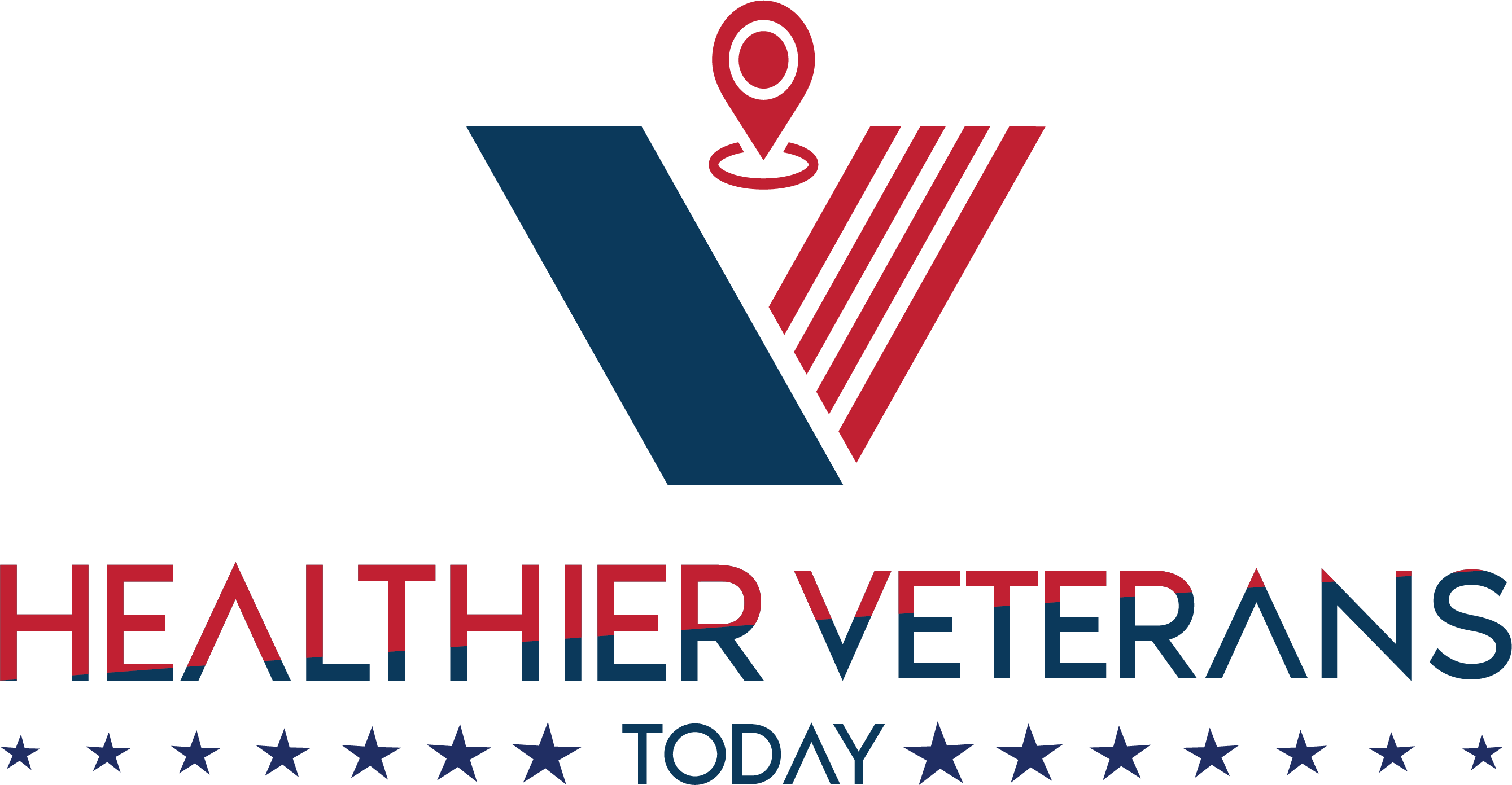Im the only one with unfavorable skills – Learn more with Healthier Veterans Today! If you recently separated from the military and are looking for a civilian job, you should first prepare your resumé so you don’t need to say im the only one with unfavorable skills.
However, if your military experience does not directly translate to a civilian role, it can be challenging to identify transferable military skills to include on your resumé.
Tommy Furlong, academic and career counselor for veterans and servicemembers at Northeastern University, offers advice on where to begin.
Table of Contents
Listing Transferable Military Skills on Your Resumé

Furlong served in the military before starting to help military students achieve their educational and professional goals.
He understands the difficulties of the transition, having served as an Infantry Officer in the United States Marine Corps before working in a civilian capacity.
According to Furlong, there are numerous transferable skill boss that military students can highlight on their resumes, but which ones they should emphasize “really depends on what your targeted employment opportunity is.”
Finding Suggestions
Furlong suggests that when writing a resumé, military students look at the requirements for the roles they want and the skills they learned while serving, looking for any connections between them.
Then, ensure to include these overlapping skills on a resumé tailored to a specific job posting. For example, suppose you are applying for a system administrator position.
In that case, you should emphasize your technical skills, problem-solving abilities, and even military security clearances, demonstrating to the hiring manager how your service experience can be applied to the open position.
Furlong outlines ten common transferable military skills to include on your civilian resume below.
The Top 10 Transferable Military Skills
1. Leadership

Whether you rose through the ranks or commanded a small squadron, your military experience gave you leadership skills highly valued in many civilian roles so you don’t need to say im the only one with unfavorable skills.
From business education, every field benefits from a confident leader who leads by example and motivates their team to complete a task.
Chad Storlie, a retired United States Army Reserve Special Forces officer, “When I returned to work after my deployment to Iraq, leadership by example appeared to be a critical necessity.
To engage individuals in the workplace for reasons of personal development, product quality, client service, productivity, and employee morale.”
According to Storlie, leading by example can be done at any level and sets a positive standard of behavior for others to follow.
2. Financial Responsibility
Furlong advises students looking to break into finance or other business roles to highlight their leadership positions as well as the financial responsibilities that came with those positions.
As a squad leader, for example, you may have had 12 people reporting to you and hundreds of thousands of dollars in government resources to manage, he says.
Pay attention to these significant accomplishments.
Make sure to include any skills you’ve developed in budgeting, financial management, and resource allocation on your resumé, as these are in-demand skills for many employers.
3. Self-Sufficiency
The military teaches the value of accepting responsibility for one’s actions and seeing tasks through to completion—a valuable skill boss in the professional world so you don’t need to say im the only one with unfavorable skills.
After all, time is business money. Employers do not want to be responsible for babysitting or holding each employee’s hand through each task.
Instead, they want self-starters who can tackle a project with little guidance. They want people who can set goals and achieve them ahead of time.
4. Effective Communication
Most workplaces are a melting pot of personalities, frequently resulting in drama or inefficient workflows.
Fortunately, military life teaches people how to communicate respectfully and effectively with everyone, including high-ranking officials and civilians from various backgrounds.
Your military communication skills will serve you well in any position and help you advance to leadership positions.
You will be able to communicate effectively with your team in a way that allows everyone to work to their full potential—a skill boss you should emphasize in your resumé and during your interview.
5. Integrity

Many employers will perceive you as having an air of honor after you leave the military, which will likely work in your favor so you don’t need to say im the only one with unfavorable skills.
Sixty-five percent of employers say they would hire a veteran over a similarly qualified candidate because of the veteran’s perceived integrity.
Businesses invest a significant amount of time, energy, and money in recruiting and onboarding talent.
So it stands to reason that they would rather spend their time, energy, and money hiring an individual they already believe to be trustworthy and dependable.
6. Technology Skills
Unsurprisingly, veterans with technology, software, and analytics skills are in high demand.
According to U.S. News, the top career for 2019 is “software developer,” with 30 percent job growth expected by 2026.
This is good news for veterans, who are five to six times more likely than nonveterans to list technical skills on their resumes, such as technical writing and software code debugging.
To increase marketability, include your knowledge of any programming languages or software tools.
7. Teamwork
While many qualified people enter the workforce each year, there is a distinction to be made between solo talent and team talent.
No matter how bright they are. Some people cannot thrive in a team setting, which is detrimental to a company’s workflow.
Your time in the military most likely taught you how to work with and succeed with people of all personalities.
You understand when to take the initiative and when to follow and assist. This is a necessary skill boss for keeping businesses running smoothly.
8. Ability to Perform Under Pressure

After your military experience, a tight deadline will not cause you to break a sweat, giving you a significant advantage in the workplace so you don’t need to say im the only one with unfavorable skills.
You’ll be able to present your best work despite added stress, which will set you apart from the competition in times of crisis.
The ability to successfully lead a team in high-pressure situations is equally important and a valuable transferable skill to have on your resume.
9. Quick to Adapt
To remain relevant in the face of rapid technological advancement as well as an increasingly competitive global market.
Businesses must be prepared to change course and shift priorities immediately so you don’t need to say im the only one with unfavorable skills.
Fortunately, your military experience has taught you to do the same. With little preparation, you’re ready to adapt to new situations and surroundings.
This is an essential skill in careers that require you to stay on top of trends, such as cybersecurity and supply chain management.
10. Problem-Solving
Because not every mission in the military goes as planned, you’ve probably learned to think on your feet as well as quickly identify solutions as problems arise.
In business, intuitive thinking is highly valued because a simple error can cost a company thousands, if not millions, of dollars.
Employers want professionals who can spot problems before they happen and develop creative solutions to save time, resources, and money.
Include examples of your successful problem-solving skill boss in the military to stand out to hiring managers.
Making the Transition From Military Life to Civilian Life Easier
How can you begin your civilian career now that you know which transferable skills to include on your resumé? Furlong suggests starting with a solid plan and a few opportunities in mind.
If you held a specific position in the military, that doesn’t mean you’re stuck with that position, he says.
“In the military, you are not bound by your MOS. You have the opportunity here to pursue your interests, get an excellent education, and go on to do great things.”
So you’ll never need to say im the only one with unfavorable skills.
The Northeastern University

Northeastern University’s bachelor’s degree completion programs provide an educational path that will ease your transition to civilian life.
With flexible online along with hybrid options, you might even be able to finish your degree while still serving in the military, as Army veteran Ryan Daley did.
Enrolling at Northeastern made the last year in the Army more fruitful, says Daley, a political science graduate, “because I made sure that I was productive during my downtime.”
Furlong states that veterans can use their generous educational subsidies to explore new disciplines and industries of interest without paying out of pocket.
This can help ease the transition and alleviate any financial burden.
Im The Only One with Unfavorable Skills…
Your time in the military shaped you, but it is not the only thing that defines you. You can make whatever plans you want, and it all begins with a degree program proud of its military students.
Northeastern University strongly supports its military student body, with an 83 percent graduation rate among military students, 32% higher than the national average.
Even more encouraging for those transitioning from military to civilian careers is that 90 percent of Northeastern military graduates are employed or enrolled in graduate school nine months after graduation.





